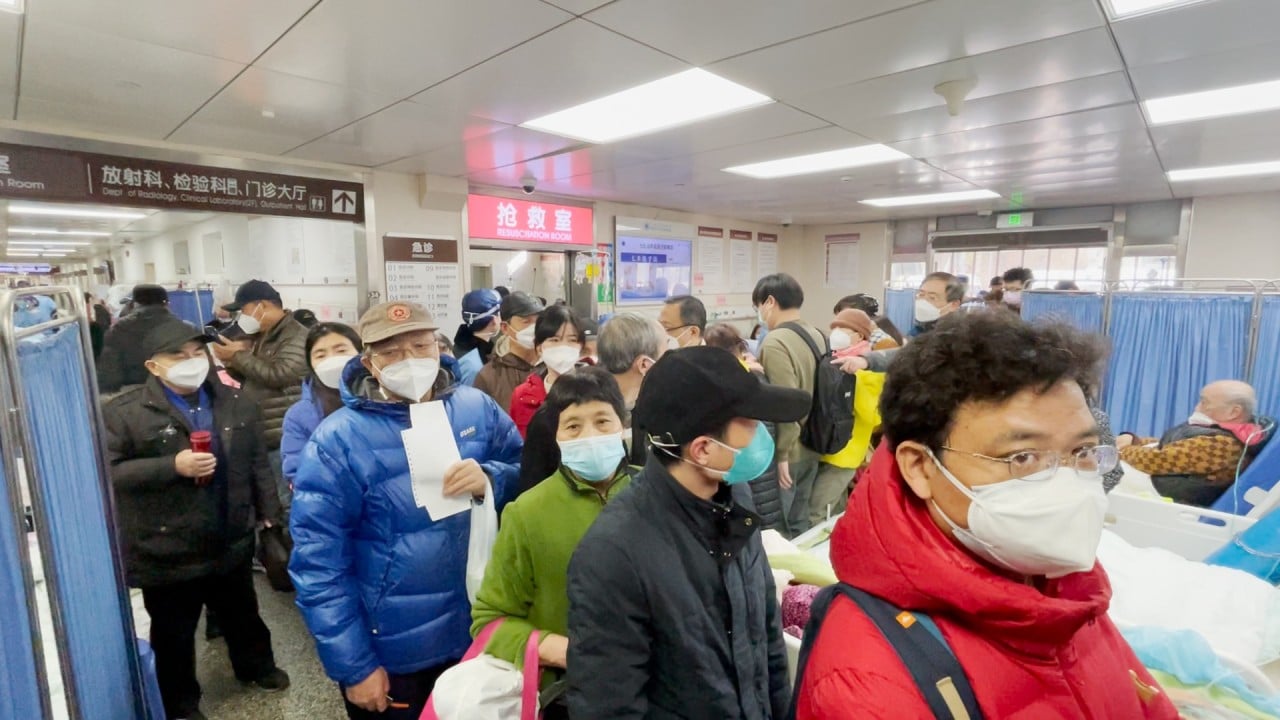
China says it will track new Covid variants from inbound travellers
- A new control plan will also allow local authorities to curb gatherings and order workplaces and schools to go online
- The country is already battling a surge in cases and overseas travellers arriving ahead of the Lunar New Year holiday risk importing new variants
It will also allow local governments to reimpose restrictions on gatherings, order workplaces and schools to go online, and suspend “non-essential activities”, including events, performances and conferences.
“Prevention and control measures are generally not required under normal circumstances,” said the statement, but added that “temporary measures may be taken, depending on the rate of infection in the population and the strain on medical resources”.
China says Covid detainees should be released in ‘timely’ manner
The transport ministry said on Saturday that international ships will no longer need approval in advance to change crews when docked in China and quarantine and test requirements will be lifted.
Liang Wannian, who leads the National Health Commission’s response team, said in a briefing on Friday that China has yet to set a timeline for ending its pre-travel testing requirement.
He added that customs officials will be urged to test goods being exported to ease concerns about transmissions through international shipments.
Amid Covid gloom, China’s tourism industry faces long road to recovery
The statement also stressed the importance of protecting vulnerable groups and ensuring there were adequate testing resources available in the community.
Other measures, including surveillance of hospitals and sewage in urban areas, will also be used as part of the early warning system for Covid infections and the emergence of new variants.


